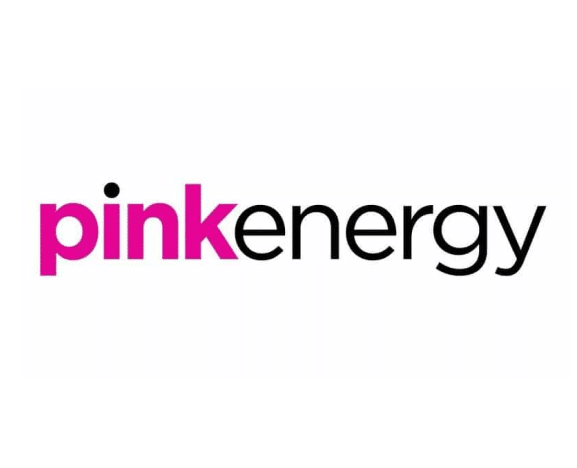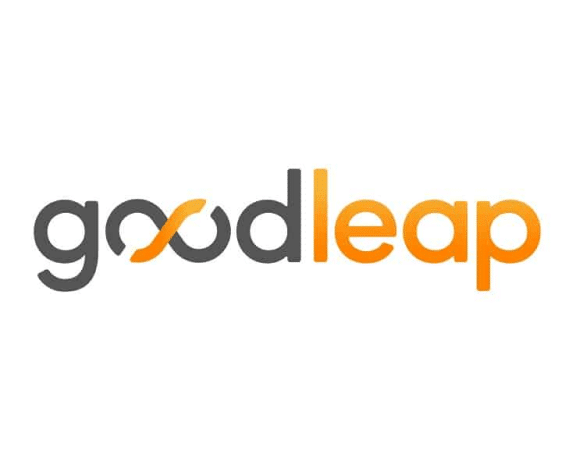Can I file a lawsuit against Pink Energy?
If you haven’t heard of Pink Energy, you’re lucky. The company, formerly named Powerhome Solar, has closed down its entire business and filed for bankruptcy. They used to be a solar installer who sold solar panels to at least 25,000 to 50,000 people. But when your solar panel company goes bankrupt – what happens to you? There’s no one maintaining the system, no one to fix things if they break, and no one to answer for any damage they did. And there’s lots of damage out there. Many customers of Pink Energy have claimed that they were lied to during the sales process, their roof was damaged, or their systems aren’t even working or generating power.
So if you were left holding the bag in the Pink Energy bankruptcy, are you out of luck? Are you stuck paying for a solar panel system that isn’t even working? Maybe not. There’s still an option that might help you – to file suit against the financing company that’s trying to make you pay them every month.
Pink Energy may be bankrupt. But under federal law, there’s something called the “FTC Holder Rule.” Our law firm has used that rule to file legal claims against financing companies who financed Pink Energy’s solar power systems. For example, one big one is Goodleap, a company in California. If you’re still making payments on a Pink Energy system that isn’t working, or Pink Energy harmed you somehow, we may be able to reduce or even cancel your debt on the system.

Attorney Kevin Kneupper explains the Pink Energy situation and the legal options in this video
Why can’t I just sue Pink Energy?
What is the FTC Holder Rule, and how can it be used to help Pink Energy customers?
The FTC Holder Rule is designed for exactly the situation that Pink Energy victims find themselves in. It was made by the Federal Trade Commission (the FTC) as a federal regulation. And the whole reason they passed it is because of consumers getting stuck in situations like the Pink Energy one.
The FTC recognized that consumers weren’t really in the best position to try to stop deceptive conduct, and in fact, someone lending money on a debt for a consumer product like a car would actually be in a much better position to pressure sellers to follow all the rules. The justification for it was described as follows: “Rather than allocate these costs to the consumer, as the holder in due course rule had done, the new rule recognized that ‘the creditor is always in a better position than the buyer to return seller misconduct costs to sellers, the guilty party,’ and was designed to ‘compel[] creditors to either absorb seller misconduct costs or return them to sellers.’” Pulliam v. HNL Auto. Inc., 13 Cal. 5th 127, 142, 293 Cal. Rptr. 3d 649, 509 P.3d 998 (2022).
What does that mean? In regular language rather than lawyer-speak, it basically just means that the company lending you $50,000 for solar panels is in a way better position than you to try to make sure somebody like Pink Energy follows the rules. Instead of just letting the lender throw up their hands and say “sorry, you’re stuck with those panels,” this rule says that the lender has to either eat the costs of any misconduct themselves, or go sue Pink Energy to get the costs back.
Why is the lender in a better position than you, a regular consumer, to make sure Pink Energy follows the rules? “[B]ecause (1) he engages in many transactions where consumers deal infrequently; (2) he has access to a variety of information systems which are unavailable to consumers; (3) he has recourse to contractual devices which render the routine return of seller misconduct costs to sellers relatively cheap and automatic; and (4) the creditor possesses the means to initiate a lawsuit and prosecute it to judgment where recourse to the legal system is necessary.” Pulliam, 13 Cal. 5th at 143.
So basically, somebody like Goodleap, who was lending hundreds of millions or even billions, has a lot more money, a lot more insight into what Pink Energy was doing, and a lot more access to lawyers than the regular consumer.
A lot of companies that load people up with debt are fly-by-night operations. The FTC Holder Rule doesn’t just apply to solar panels. It applies to companies that finance things consumers buy. It’s sometimes also called the holder in due course rule.
That rule holds the financing company responsible for any legal claims that could have been made against the solar company itself. It has some limits – for example, you can win cancellation of your debt, but you can’t win more money than you’ve paid to the financing company. So for example, if Pink Energy caused hundreds of thousands of dollars in damages to your house, you wouldn’t be able to get all that back from a financing company like Goodleap. But you would be able to get some of it. And crucially, the FTC Holder Rule requires the financing company to pay your attorney’s fees if you win the case.
That’s because most people couldn’t afford an attorney to deal with this kind of case otherwise. That’s something the FTC specifically talked about in justifying why it created the rule.
We think this rule was a good decision, and the Pink Energy debacle is the perfect example of why. If a financing company is lending out hundreds of millions of dollars to install solar panels, then they should exercise some basic supervision over the process. They can’t just expect regular people to keep paying for solar panels if they’re not working or if the company that installed them went bankrupt. You kept your end of the bargain – so why shouldn’t they?
Who is Goodleap?
Goodleap was one of the biggest financing companies involved in making the loans for Pink Energy solar installations. You may not even know you dealt with them – you may just have been signing forms without looking too closely. They also used to be called LoanPal before 2021, and Paramount Solar before 2017. They got a deal with Goldman Sachs and ultimately funded more than $4.5 billion in solar loans.

Why shouldn’t I just stop paying the financing company? My solar panels don’t even work.
Because they’ll probably report it on your credit score. But if you file an arbitration or lawsuit, you get a legal determination that you don’t owe them any money if you win. And you could also get back money you’ve already paid the financing company, as well as your attorney’s fees. You might even be able to cancel the debt entirely. If you just stop paying, then you don’t have a clean ruling that you’re out of the contract, and you could find yourself with terrible credit and all the consequences that has in terms of higher loan costs, etc. It is much harder (and could be impossible) to dispute a bad credit report without having a legal ruling in your favor.
Can we file a class action lawsuit against Pink Energy? Or against Goodleap?
Unfortunately that’s probably not workable, and also probably not good for you personally even if you could. For Pink Energy, they’re in bankruptcy. So it would just be stayed, or paused. For Goodleap, they have an arbitration clause in their contract. That usually prevents a class action. BUT – it doesn’t stop each victim from filing separate arbitrations. Also, in your own lawsuit, you will likely do better than in a class action. Class actions work best for cases where small amounts of money are at stake. When tens of thousands or even a hundred thousand dollars or more are at issue, you want to have your own lawsuit if possible.
What if my solar financing company is someone other than Goodleap? Can you sue them?
Most of the claims we’ve seen have been financed by Goodleap. But the same FTC Holder Rule applies to whoever financed the debt and whoever “holds” it. We would need to check some things if any other company is your financing company, though. First, we need to check the state the financing company is located in. Goodleap is based in California, so we have several attorneys who are licensed there, including the firm founders Kevin Kneupper and Cyclone Covey. That’s not necessarily a dealbreaker if the financing company is somewhere else, but we might need to partner with a local attorney to be able to do it.
What if I’m financed with Goodleap, but the company that sold me the solar panels was someone other than Pink Energy?
We’ve handled claims from other solar power companies as well – generally, if the company went bankrupt, we believe the claims are strong because there almost certainly has been a breach of your contract if it has maintenance provisions or warranty provisions that aren’t being followed. If it’s another bankrupt solar company, we can also represent you against Goodleap.
What kinds of things are people suing over because of their Pink Energy installation?
There’s a ton of them. These include false representations by the salespeople, damage to people’s houses or in particular their roofs, misrepresentations about the amount of energy that would be produced or how much money people would save, faulty equipment, issues with the Generac batteries being used, and many others.
And of course one of the biggest, which is with Pink Energy / Powerhome having gone bankrupt, many people need basic repairs, maintenance, or other service and can’t get them.
A lot of these problems are unfortunately typical of the residential solar industry. Shoddy worksmanship and shady salesmanship are becoming more the rule than the exception for solar power.
Can you help me in the Pink Energy bankruptcy?
Unfortunately we can’t help in the bankruptcy itself or with the claims process. Our firm focuses on litigation and arbitration, so we are targeting claims against the financing companies. There is already someone called a “bankruptcy trustee” trying to recover as much money as possible through the bankruptcy process. We believe FTC Holder Rule claims are the most viable way to try to help outside that bankruptcy process.
How do I get Kneupper & Covey to help me with Pink Energy / Powerhome Solar?
Fill out the intake form below and we’ll evaluate your case:
